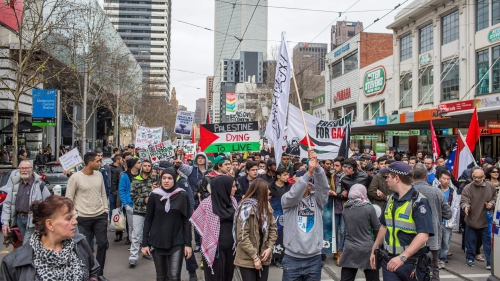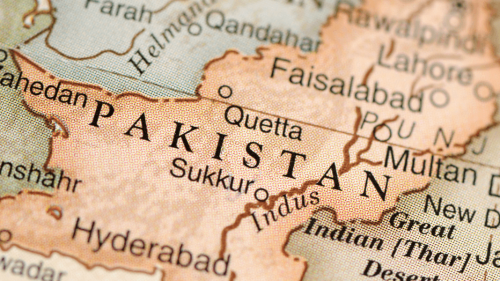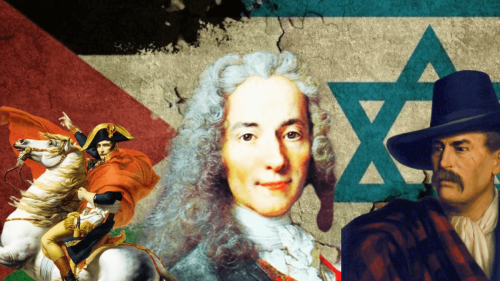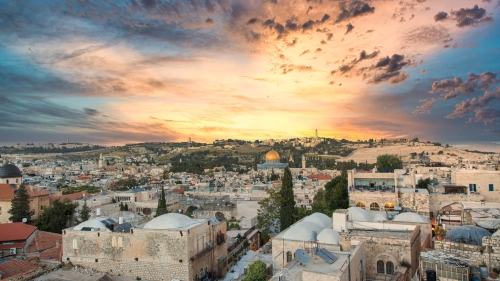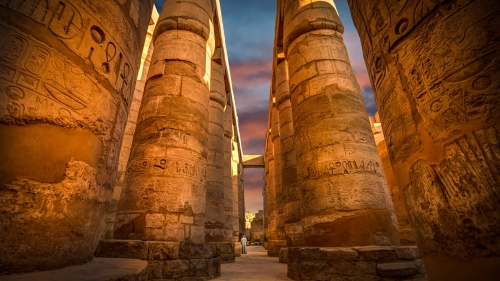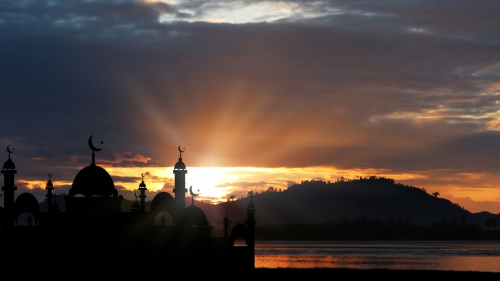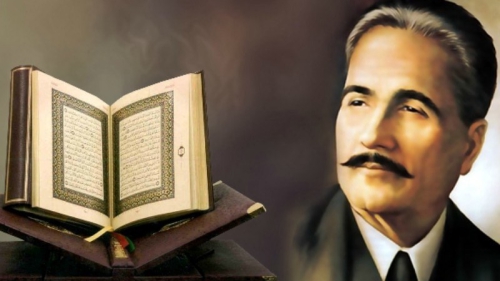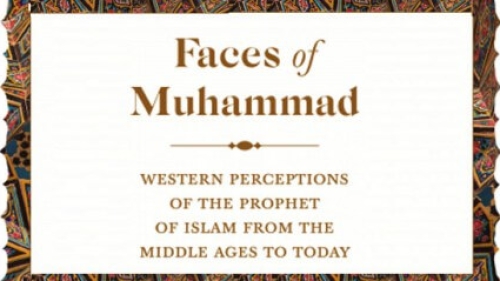Iqbal, Islam and the West
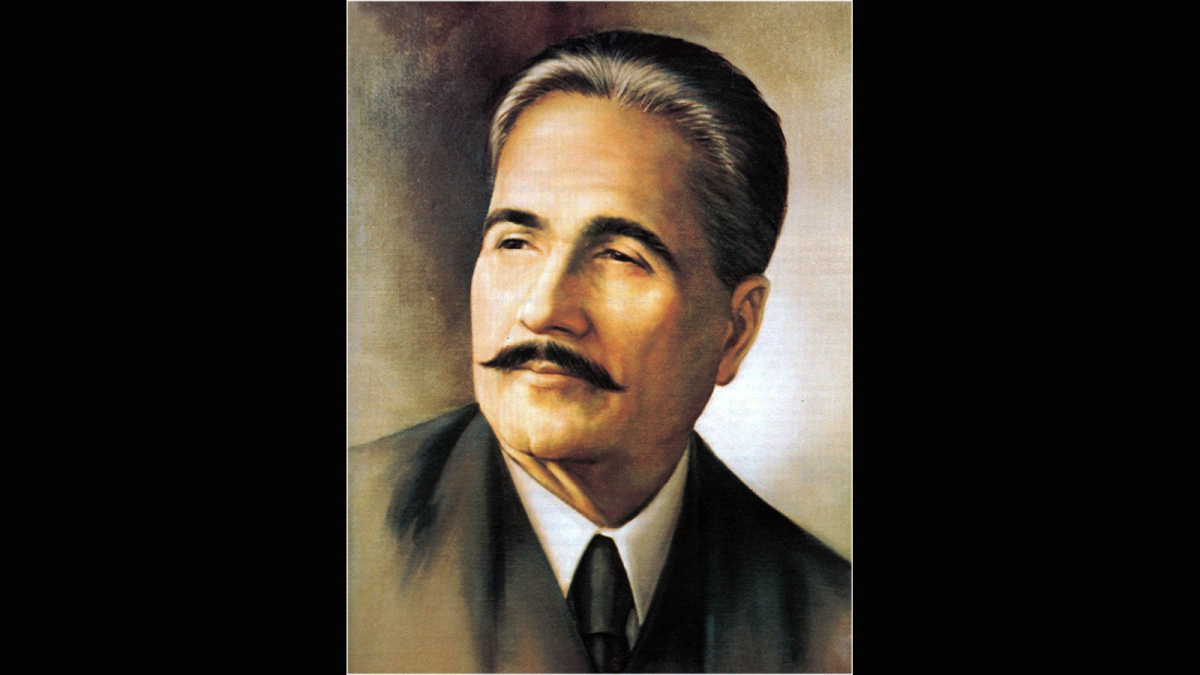
Although Allama Muhammad Iqbal (1876-1938) achieved greatness as a poet but he was interested more in improving human condition through his work than in poetry itself. (He wrote to one of his friends Syed Nazir Niazi that he was using the medium of poetry only to convey his message.) All through Iqbal’s work a single theme runs like a powerful stream and that is, how to restore man his rightful place in the world as advocated by the Quran (17:70). He struggled to reawaken in Muslims the original spirit of dynamic thought in Islam that once reverberated through the Muslim world and which, according to well respected Western historians (e.g., Robert Briffault, George Sarton, and John William Draper) led to European renaissance. But, unfortunately, that dynamism in thought could not continue in Islam. More than anything else this may have been the single most cause of the Muslim world’s downfall.
From time to time many Islamic movements arose in the Muslim world claiming to change this situation around. But all they could do was put political pressure against rulers that were under the control of their colonial masters in the West. Most of these religious movements originally started as reformist movements inspired and led by Islamic scholars but gradually turned into political movements. According to them the corruption in Muslim societies mainly stemmed from the western educated secular and liberal elites at the helm of affairs; so, these corrupt rulers must be removed from power if Islamic renaissance is to happen. This battle continues till today in one from or the other.
So, where do we stand now? We only have to take a panoramic view of the Muslim world to see chaos, corruption, and destruction everywhere. It is no secret that many of the Islamic movements also suffer from corruption. And the enemies of Islam – and there are many – are only too eager to exploit this situation of the Muslim world as they have always done in the past. But blaming the West though tempting is not the answer.
Contrary to popular view, Iqbal did not see the problem facing Islam as it is generally cast in terms of Islam versus the West. He saw the problems facing both the Muslim world and the West in their own contexts and parameters.
During the last five hundred years religious thought in Islam has been practically stationary. There was a time when European thought received inspiration from the world of Islam. The most remarkable phenomenon of modern history, however, is the enormous rapidity with which the world of Islam is spiritually moving towards the West. There is nothing wrong in this movement, for European culture, on its intellectual side, is only a further development of some of the most important phases of the culture of Islam. Our only fear is that the dazzling exterior of European culture may arrest our movement and we may fail to reach the true inwardness of that culture. During all the centuries of our intellectual stupor Europe has been seriously thinking on the great problems in which the philosophers and scientists of Islam were so keenly interested. Since the Middle Ages, when the schools of Muslim theology were completed, infinite advance has taken place in the domain of human thought and experience.
[The Reconstruction of Religious Thought in Islam, page 6]
Iqbal’s keen insight foresaw many of the problems that Muslim world is facing today. Being an extraordinary visionary – in a 1936 poem called Iblis ki Majlis-e Shura (the Consultative Committee of Satan) he predicted many events including the fall of communism – he was deeply worried that Islam has been reduced to soulless rituals and fight over trivial and peripheral matters. The core teachings of Islam of universal freedom, human dignity, and justice have been sidelined or ignored by most Islamic movements. Muslims are divided into sects in clear violation of the Quranic injunction (30:32, 6:159). This situation made Iqbal’s heart ache and his soul restless and tormented.
He suggested that before any kind of reform movement in Islam can happen there must be movement of thought in the structure of Islam first. However, movement of thought can only happen with acquisition of modern knowledge and not by following status quo. That is why he advocated an approach against maintaining status quo:
The only course open to us is to approach modern knowledge with a respectful but independent attitude and to appreciate the teachings of Islam in the light of that knowledge, even though we may be led to differ from those who have gone before us. [The Reconstruction of Religious Thought in Islam, page 78]
What Iqbal is saying here is in accordance with the Qur’an and the Sunnah of the Prophet (PBUH); that continuous acquisition of knowledge and being in the habit of thinking are sacred duties of all Muslims (20:114, 34:46). How can a mind keep thinking and keep its forward movement if it does not continue to acquire new knowledge about Islam? Whatever has been done before should be considered a treasure but we have to add to it our own treasures of thought and knowledge.
Repeating old knowledge about Islam cannot lead to Islamic renaissance. We should not be like a bell that produces the same sound over and over again no matter how or with what we strike it as Bergson says in The Creative Mind. Islam is dynamic. It requires dynamic thought in order to develop and flourish. However, new knowledge and new thoughts in Islam have been declared forbidden in our man-made sectarian Shariah. This is the real dilemma.
Opening the door of Ijtihad is the only way forward according to Iqbal. Even ISNA, the Islamic Society of North America, recognized this and brought out a special (March/April 2005) issue of its bimonthly magazine Islamic Horizons with a cover title IQBAL: A MESSAGE FOR OUR TIMES.
However, we have become victims of our reflexive thoughts due to habit and attitude formed by repetition and imitation on top of deeply rooted sectarian thoughts spread over several centuries. Changing these thoughts is not easy. This requires a deliberate conscious process that involves self analysis, self evaluation and self change. This is the way to change our selves. And only by changing our inner selves could we ever hope for Islamic renaissance as mentioned in the following Quranic verse:
“Verily, God does not change men's [nation’s] condition unless they change their inner selves.” (13:11)[Translation: Muhammad Asad]
So for we have been trying to change our condition without changing our inner selves, without changing our mindset. The result is in front is us. The above verse tells us to change that order. We cannot solve today’s problems with the same kind of thinking that produced them. That is, before we undertake any reform movement or do Ijtihad in Islam their must be a mass movement for reforming our thoughts first in order to produce self-concentrated individuals. Other things will follow later. If we have prepared the ground, planted the proper seed and nourished it we are bound to enjoy its fruits – but later. And each generation must do its part to continue this process. Allama Iqbal puts it best when he says:
The teaching of the Quran that life is a process of progressive creation necessitates that each generation, guided but unhampered by the work of its predecessors, should be permitted to solve its own problems (Page 134). …False reverence to past history and its artificial resurrection constitute no remedies for a people’s decay. ‘The verdict of history’, as a modern writer has happily put it, ‘is that worn-out ideas have never risen to power among a people who have worn them out.’ The only effective power, therefore, that counteracts the forces of decay in a people is the rearing of self-concentrated individuals. Such individuals alone reveal the depth of life. They disclose new standards in the light of which we begin to see that our environment is not wholly inviolable and requires revision (page 120).” [The Reconstruction of Religious Thought in Islam]
Topics: Muhammad Iqbal, Muslim Western Relations
Views: 10865
Related Suggestions






